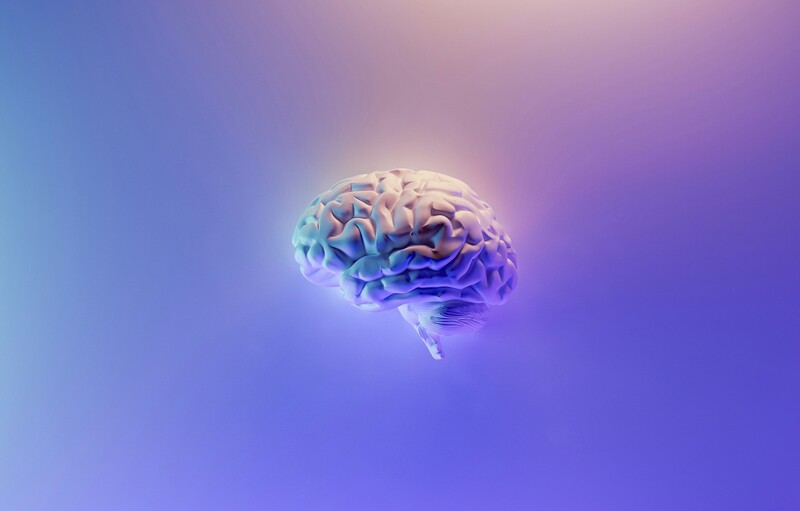The problem: No one is exactly sure how memories are formed. Scientists know certain parts of the brain play an important role, as do electrical signals passing between neurons, but precisely how stuff gets encoded in your mind remains a minor mystery.
A solution: A team of neuroscientists has found, based on observations in mice, that long-term memories might be caused by damaging your DNA. When memories are formed, the electrical surge is strong enough to break the strands of a neuron’s DNA. But that triggers an inflammatory response that fixes the DNA and possibly locks in the memory.
What’s next: Scientists still need to make this fit with other research, like how special neurons called engrams seem to change after memories form. But if they figure it out, it could explain memory loss and even Alzheimer’s: The cycle of damage and repair might be faulty, leaving a build-up of errors in a neuron’s DNA.
